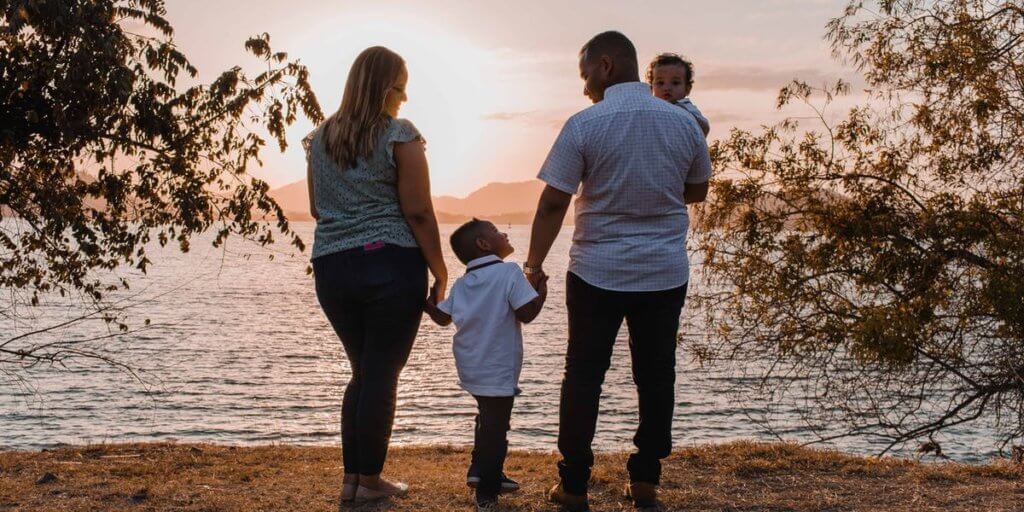
Don’t Make These Common, Expensive Mistakes When Leaving an Inheritance to Minor Children
Most parents want to make sure their children are provided for in the event something happens to them while the children are still minors. Grandparents, aunts, uncles, and good friends sometimes want to leave gifts to beloved young children too. Unfortunately, good intentions and poor planning often have unintended results. Don’t make these common, expensive mistakes. Instead, here’s how to both protect and provide for the children you love.
Common Mistake: Using a Simple Will to Leave Assets to Minor Children
Many parents think if they name a guardian for their minor children in their wills and something happens to them, the named person will automatically be able to use the inheritance to take care of the children. But that’s not what happens:
- When the will is probated, the court will appoint a guardian to raise the child; usually this is the person named by the parents in their wills.
- But the court, not the guardian, will control the inheritance until the child reaches legal age (18 or 21).
- At that time, the child will receive the entire inheritance.
Most parents would prefer that their children inherit at a later age, but with a simple will, you have no choice; once the child reaches the age of majority, the court must distribute the entire inheritance in one lump sum.
Common Mistake: Not Planning to Avoid a Court Guardianship
Many parents assume that family members will be able to raise their children in the event of their untimely death or illness. Often they will tell us, “may family won’t fight and will come together to do what’s best for our kids.” Even so, the primary problem lies in who has legal guardianship. Family members do not automatically become legal guardians simply because they share bloodlines and familial relations. Instead, a court guardianship for a minor child determines guardianship. This court process very similar to one for an incompetent adult.
- Things move slowly and can become very expensive.
- During this process, the minor child will be a ward of the state (or county) and can be displaced from the familiar environment of home and instead placed in a group home or with a foster care family.
- Once a legal guardian is appointed by the Court, every expense must be documented, audited, and approved by the court, and an attorney will need to represent the child.
All of these expenses are paid from the inheritance, and because the court must do its best to treat everyone equally under the law, it is difficult to make exceptions for each child’s unique needs. However, with good planning these mistakes and their consequences can be avoided.
Correct Action: To Protect the Child and the Assets, Use a Trust and a Family Protection Plan
Instead of using a simple will, a better option is to create a revocable living trust:
- This would let you name someone to manage the inheritance instead of the court.
- You can also decide when the children will inherit
- Each child’s needs and circumstances – even special needs – can be accommodated, just as you would.
- And assets that remain in the trust are protected from the courts, irresponsible spending, and creditors (even divorce proceedings).
Our Family Protection Plan is also a better option than simply naming guardians for minor children in your will:
- Standalone guardianship nominations allow for easier changes over time
- While a will only deals with guardians in the event of your death, our Family Protection Plan allows you to plan for legal guardians in the event of your possible incapacity
- Nominating both temporary and permanent guardians increases the opportunities for someone with legal authority to be with your child as quickly as possible in a crisis.
- Establishes an emergency response system that decreases the chances your children would be at risk from being taken into custody of child protective serves.
For many folks, the absolute best solution is to keep the assets in trust for their lifetime or until assets get spent down. Assets that are trust protected are there for your child, but can’t be taken from them. Your children will grow up and need the continued protections you can provide in a revocable living trust.
